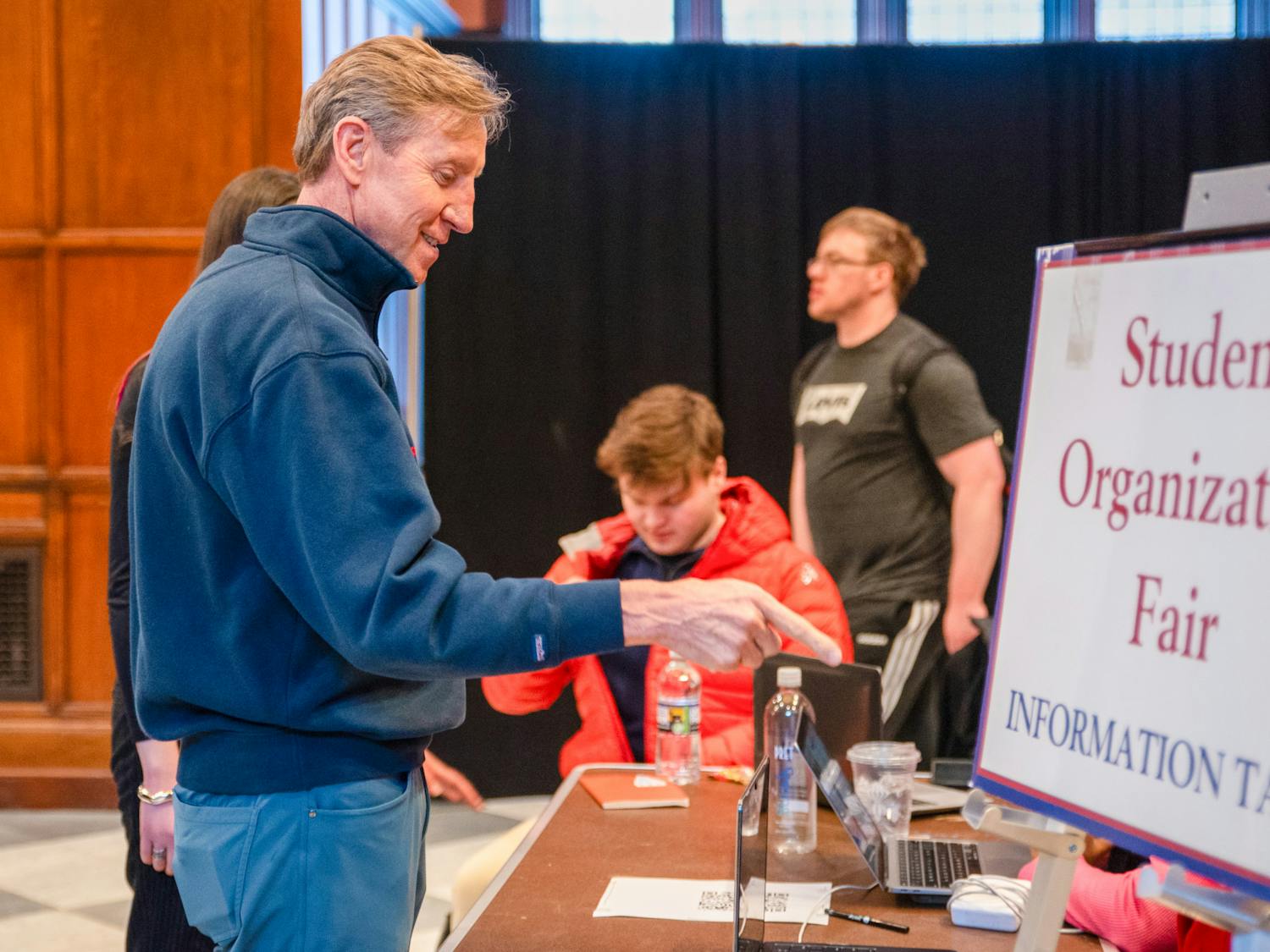Penn says make money, not history. Penn says play it safe, get the internship, pad the resume, and make those tuition dollars look like pocket change.
Campuses like ours incubate an addiction to the status quo and a reverence for the elite. We are proud — justifiably so — of how hard we worked to get here. We believe that we have earned our place in the upper echelons of America’s society. For some reason, however, we were never taught to do more with our status than attain it and secure it.
While elite universities have more in common than not, ours suffers from a particular inflection of the common Ivy League arrogance: We value money, not learnedness. Most campuses that look like ours at least nurture a snobbish intellectualism that contains grains of respect for the study of human life. But the climate in which we work is predominantly Whartonian. We consider bookishness soft, even silly. If some of us graduate with a commitment to humanistic values and a respect for other cultures, it is despite Penn’s ethos, not because of it. Our most famous alumnus is an accurate reflection of the Locust Walk value system, though his devotion to it is hideously inflamed.
One has to know about other people’s pain in order to feel compelled to mitigate it. What we choose to study affects how we choose to act. If we study politics and history, we think about human beings — but if we study NASDAQ fluctuations, we don’t. It is a curated ignorance.
John Dewey observed correctly that “we only think when we are confronted with problems” — but which problems? We will think only about the problems that we determine to be important according to our scale of values. And our scale of values does not give pride of place to the empathy that is acquired not from economic inquiry but from humanistic inquiry. Disdain for the humanities is emancipatory for people who would rather not be bothered by higher and more ethical purposes.
The argument against altruism is that it isn’t good for business — that philanthropy will come only after the paycheck. I don’t buy it. If you’re clever enough, you can figure out how to make money and solve problems at the same time. It just requires creativity, and there is nothing that scares Penn students more than that. We live in an era and on a campus that pays lip service to innovation and risk, but the praise is hollow, at least among undergraduates. Genuine risk is not simply devalued, it is held in contempt. I don’t mean the sort of risk that compels students to drop out in their junior year and found a start-up — in our society now, that is the safe choice, a digital-age conformity. I’m referring to the kind of risk that would emancipate us from the artificial Penn axioms according to which our own stability matters above all else. The demons who creep into our beds at night whisper that we will have nowhere to go come graduation, and so we must use these four years to hack out entry to paths that have already been paved. Get into the system, do not redesign it. That, these demons whisper, is what our attendance here is for.
A Locust Walk frat boy with a pectorally embossed Penn t-shirt logo said a few days ago, “We’re here to make friends and get a job.” Network! Link in! Convince the right people that you are one of them, that there is a seat with your name on it in an office that has already been built. Penn says stick to the script, because the script — against all odds for Penn students who did not go to elite private schools and could not afford SAT prep — worked out for us. This mentality keeps us from using our powers at full force. It stunts our minds and blunts our imaginations.
But the tools we are given here, including the connections and the opportunities, may be used for many purposes. They may serve as weapons against inequality and injustice — those buzzwords we use so often that we are relieved of the responsibility to think about what they really mean and what they actually require of us.
Or we may use those same tools in the cause of … ourselves. And we will do so, because there is a ubiquitous, overwhelming pressure to know what is next for ourselves and to be able to answer the burning question, “What are you doing next summer?” in a way that signals permanent residence in our elite ecosystem. Most people in our society are not in a position to make change, but we are. So much influence wasted.
But Penn says make money, not history. And so, we do.
CELESTE MARCUS is a College senior from Lower Merion, Pa., studying intellectual history.









